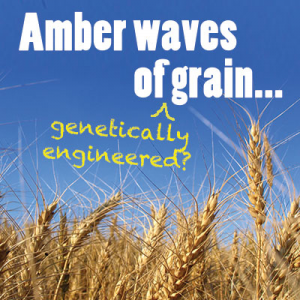By Eve Mitchell
You think you’ve heard everything. Then you get a surprise.
Back in June a story broke here in the UK that our Government sells the meat from cattle culled for testing positive for bovine tuberculosis to feed people in schools, hospitals and the military. The Department for Environment, Food and Rural Affairs (Defra) does not tell buyers the meat came from TB infected animals, and it turns a tidy profit from the trade (about £10 million/US$15.5 million a year). In a world full of industrial food “yuck factor”, this is more like a “Wow. Really?” factor.

For readers unfamiliar with the emotional tinderbox this sets alight, the UK is gripped in a row over bovine TB that some argue could bring down the government. Badgers are said to spread the disease to cattle and vice versa. Farmers must test their animals regularly for TB, the law requires that all animals that react to the test must be shot, and positive test results affect a farmer’s ability to sell or move remaining cattle before a period of clear test results expires. Defra policy is to pilot two badger culls to see if this reduces TB in cattle – an extraordinary measure given badgers are a protected species. The culls began during the night of 27 August, but controversy
rages over whether it will work and not just spread frightened infectious badgers further afield, what baseline data are being used to determine success, if it is even necessary or economically efficient, why other options like vaccines are not deployed instead and why we are not also viewing this as farmed cattle infecting wild, protected badgers.








